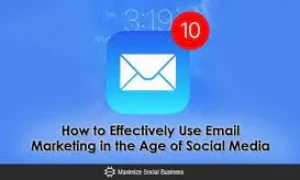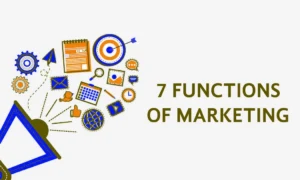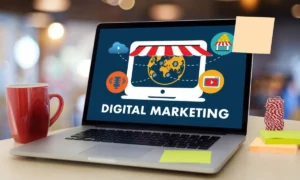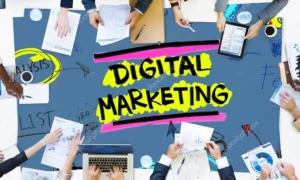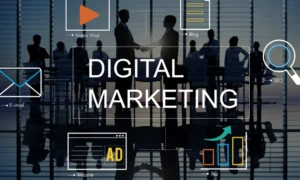In the ever-evolving realm of business, adaptation is key to survival. With the advent of the digital age, traditional marketing strategies have taken a backseat to the dynamic and multifaceted world of digital marketing. From small startups to multinational corporations, businesses of all sizes are harnessing the power of digital platforms to reach their target audience, drive engagement, and ultimately, boost revenue. In this comprehensive guide, we explore the nuances of digital marketing, from its core principles to its most effective strategies.
Understanding Digital Marketing
At its core, digital marketing encompasses all marketing efforts that utilize electronic devices and the internet to promote products or services. Unlike traditional marketing, which relies heavily on print, television, and radio advertisements, digital marketing leverages various online channels to connect with consumers in real-time. From search engine optimization (SEO) and social media marketing to email campaigns and content creation, digital marketing offers a diverse range of tactics to engage and convert prospects into customers.
Core Principles of Digital Marketing
- Target Audience Identification: Understanding your target audience is fundamental to any marketing campaign. Digital marketing allows for precise audience segmentation based on demographics, interests, and online behavior, enabling businesses to deliver tailored messages to the right people at the right time.
- Content is King: Compelling content lies at the heart of successful digital marketing campaigns. Whether it’s blog posts, videos, infographics, or social media updates, high-quality content resonates with audiences, establishes credibility, and drives engagement.
- Data-Driven Decision Making: The beauty of digital marketing lies in its measurability. Through analytics tools and tracking software, marketers can gather valuable data on campaign performance, user interactions, and conversion rates, allowing for informed decision-making and continuous optimization.
- Multi-Channel Approach: Effective digital marketing strategies often encompass multiple channels to maximize reach and engagement. From search engines and social media platforms to email newsletters and display advertising, a diverse marketing mix ensures comprehensive coverage across the digital landscape.
Key Digital Marketing Strategies
- Search Engine Optimization (SEO): SEO is the process of optimizing your website to improve its visibility in search engine results pages (SERPs). By optimizing for relevant keywords, creating high-quality content, and building backlinks, businesses can increase organic traffic and enhance their online presence.
- Social Media Marketing: Social media platforms offer unparalleled opportunities for businesses to connect with their audience, build brand awareness, and foster customer relationships. Through targeted advertising, engaging content, and community management, social media marketing drives engagement and generates leads.
- Email Marketing: Despite the rise of new digital channels, email marketing remains a powerful tool for customer acquisition and retention. By delivering personalized messages, exclusive offers, and relevant content directly to subscribers’ inboxes, email marketing drives conversions and builds brand loyalty.
- Content Marketing: Content marketing involves creating and distributing valuable, relevant content to attract and engage a target audience. From blog posts and ebooks to videos and podcasts, content marketing establishes authority, educates prospects, and drives organic traffic to your website.
- Pay-Per-Click (PPC) Advertising: PPC advertising allows businesses to display ads on search engines and social media platforms and pay only when users click on them. With precise targeting options and real-time tracking, PPC advertising delivers immediate results and enables businesses to reach their ideal customers with precision.
The Future of Digital Marketing
As technology continues to advance and consumer behaviors evolve, digital marketing will undoubtedly undergo further transformations in the years to come. From the rise of artificial intelligence and machine learning to the growing importance of voice search and interactive content, staying ahead of the curve is essential for businesses looking to thrive in the digital landscape.
In conclusion, digital marketing represents a paradigm shift in the way businesses connect with consumers and drive growth. By embracing its core principles and implementing effective strategies, businesses can unlock new opportunities, foster meaningful connections, and achieve unparalleled success in the digital age. Whether you’re a seasoned marketer or a budding entrepreneur, mastering the art of digital marketing is essential for staying competitive in today’s fast-paced and interconnected world.










